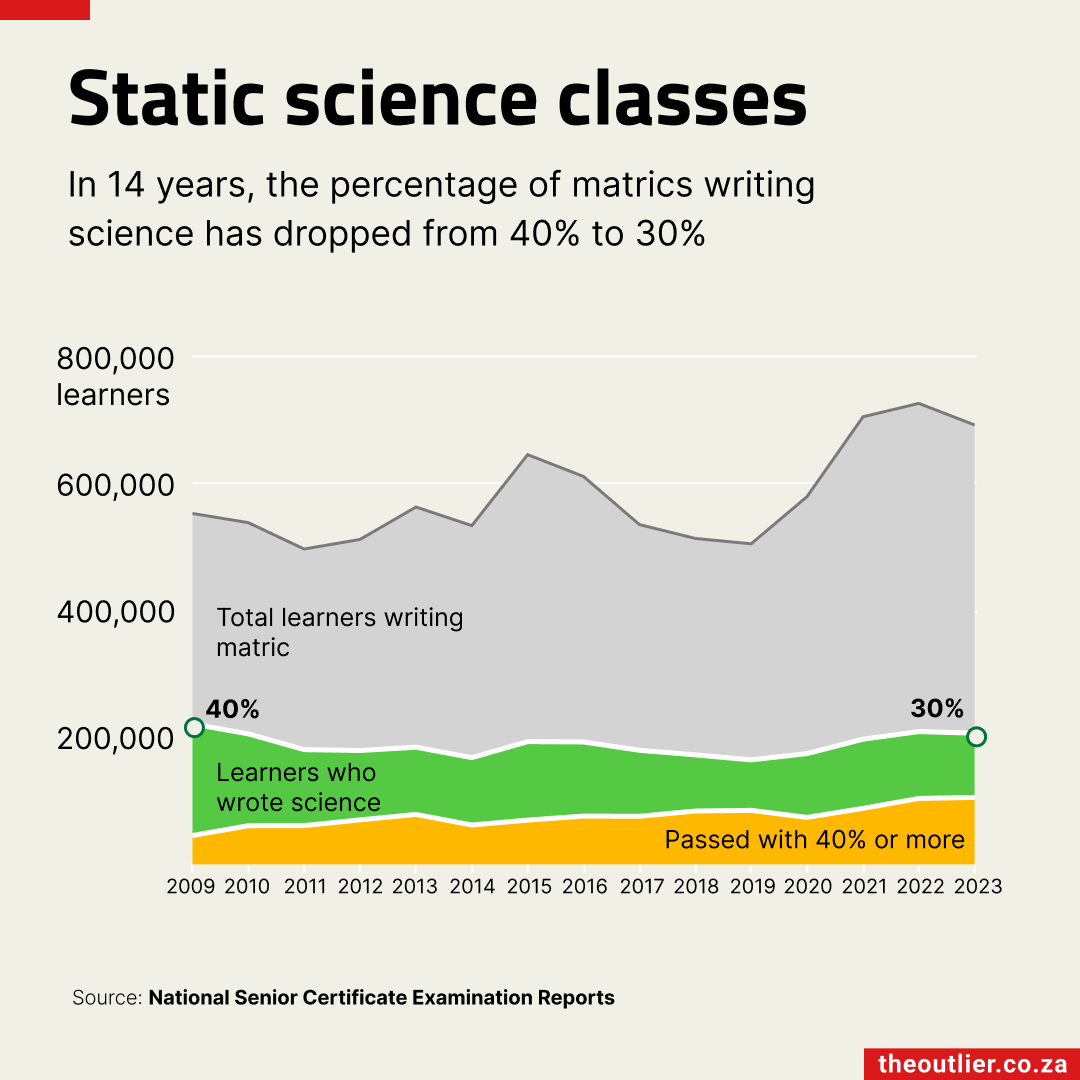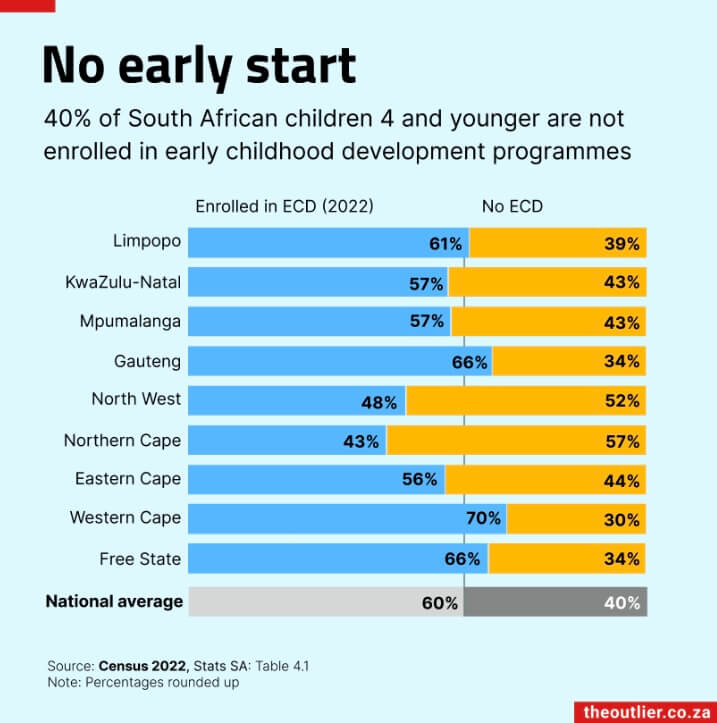What is South Africa doing in space?
The R4.47-billion Space Infrastructure Hub will see satellites built for earth observation and science missions to supply space weather forecasts, satellite navigation and land-mapping.
Image: DALL·E/OpenAI
In 2020, the government awarded the South African National Space Agency R4.47-billion over three years for the Space Infrastructure Hub.

The Space Infrastructure Hub includes the 24 hour space weather centre opened in November in Hermanus, Western Cape. It will monitor solar storms and space weather phenomena to protect South Africa’s satellites. The centre cost R107.5-million over three years.
The hub also includes the Earth Observation Data Cube facility with archival and current satellite footage suppling satellite photographs showing land use, pollution and natural disasters.
Other elements of the Space Infrastructure Hub are upgrades to the Houwteq Facility (previously run by South Africa’s aerospace and technology company Denel) and an Engineering Design Facility.
The government plans to use the data collected by the Space Infrastructure Hub to address its national priorities, such as economic growth through sustainable infrastructure and poverty reduction by monitoring crops and South Africa’s oceans to ensure food security and to monitor the impact of pollution and natural disasters.
Satellites
This year, South Africa launched three satellites into orbit from Cape Canaveral, US, in January. The satellites, developed by Cape Peninsula University of Technology and French South African Institute of Technology will detect and monitor ships sailing in or near South Africa’s waters.
To date, South Africa has six satellites in orbit. The remaining three which were launched in 2013, 2014 and 2018 have been used for educational purposes, military radar observation and to monitor wildfires.

As of May 2022, a total of 5,465 satellites were orbiting earth – most belonging to the US, according to data from the Union of Concerned Scientists (USC) Satellite Database.






